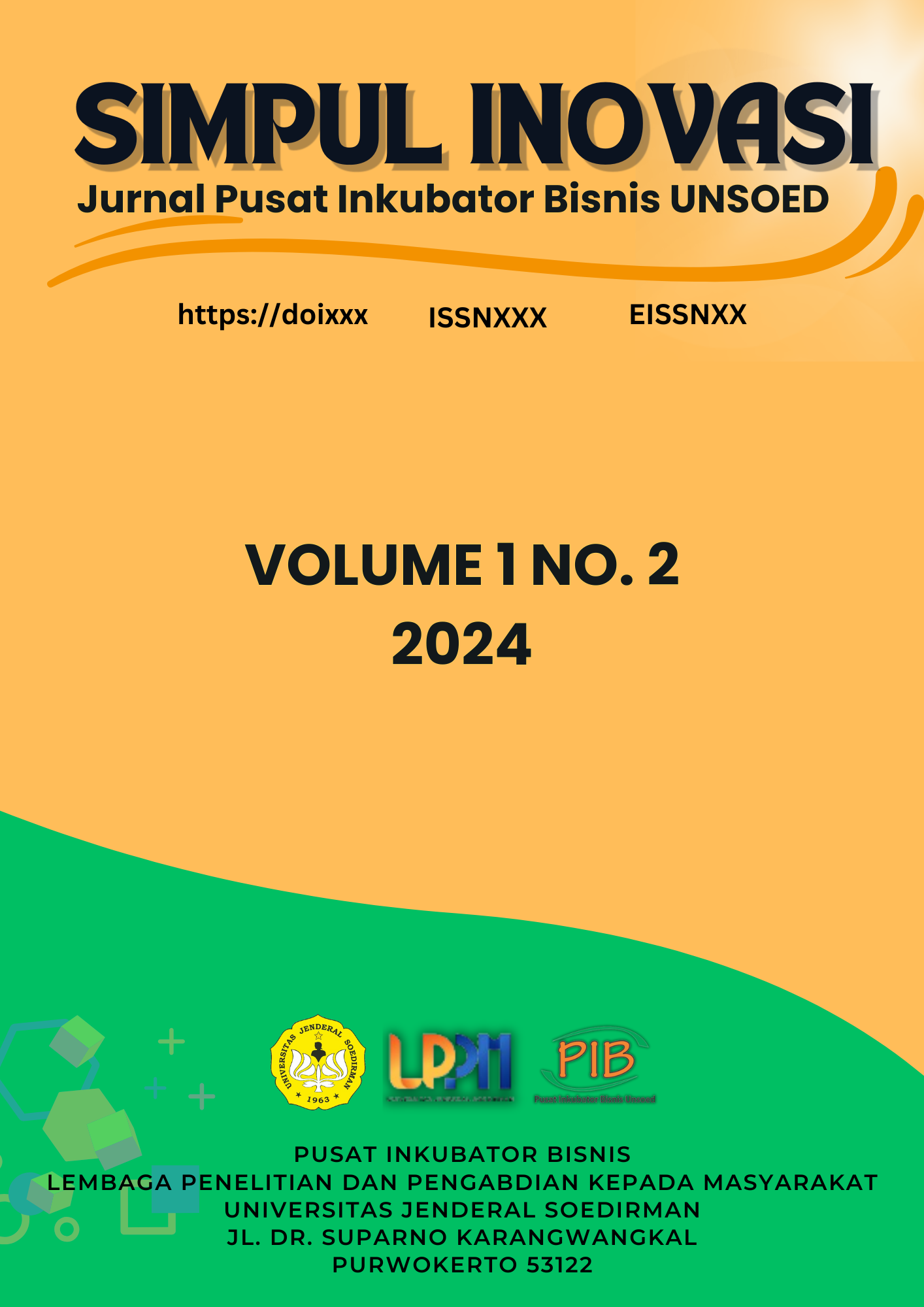Microplastics: A Review of Physiological Impacts on Mackerel Fish (Rastrelliger kanagurta) and Implications for Human Health
Abstract
Microplastics have become one of the main pollutants that pollute aquatic ecosystems worldwide, including Indonesian waters. This study aims to analyze the impact of microplastics on the physiological response of mackerel (Rastrelliger kanagurta), one of the important commercial fish species in Indonesian waters. Microplastics can accumulate in fish bodies through direct consumption or due to water pollution. This study examines the effects of microplastics on various physiological parameters of mackerel, such as stress hormone levels, metabolic responses, and changes in body tissue structure, especially in vital organs such as the liver and gills. The study results show that exposure to microplastics can affect the physiological balance of fish, leading to increased oxidative stress and a decrease in the health quality of fish, which has the potential to disrupt the survival and productivity of this species in Indonesian waters. The decline in environmental quality due to microplastic pollution also has an impact on the marine food chain and fisheries sector. Therefore, mitigation efforts against microplastic pollution need to be considered to maintain the sustainability of fisheries resources in Indonesia.
Keywords: Mackerel; Microplastics; Pollution; Physiological Response.








